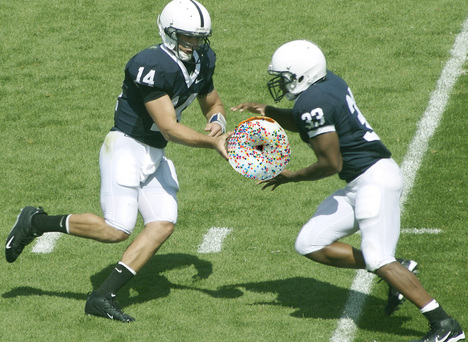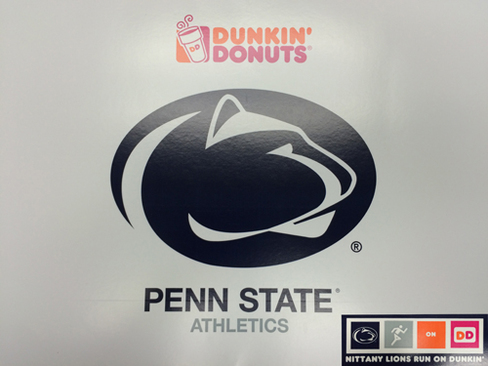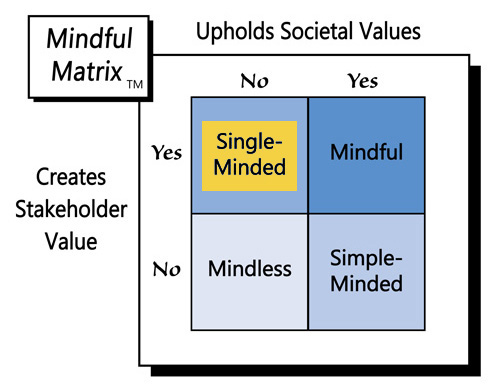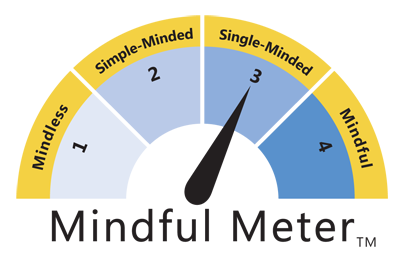Of course, it would be crazy to see players eating donuts during the middle of a football game. Is it also crazy to envision them eating donuts off the field, as they condition for their next contest? Apparently Dunkin Donuts doesn’t think so.
The iconic purveyor of pastries uses creative cobranding campaigns with a variety of well-known sports teams, placing the team’s trademark in tandem with the Dunkin brand mark. At times the promotion also involves an adaptation of the firm’s famous tagline, “America Runs on Dunkin.”
I noticed this advertising recently when I picked up a box of Dunkin Donuts, which I like but rarely eat. It was surprising to see on top of the box a very large Penn State Nittany Lion logo that dwarfed the Dunkin Donuts brand mark above it. Even more intriguing, however, were the words that appeared below the navy and white lion head: “Penn State Athletics.” Also, on the box’s front lip were four tiny icons and the tagline, “Nittany Lions Run on Dunkin.”
Top athletes also appear to be taking more seriously than ever what they eat, even as most of us also are increasingly aware that our physical performance is related to what we ingest. Penn State is one place where people are paying more attention to player nutrition. For instance, the University recently launched a Nutritional Health Program for Student Athletes, which gives the school’s 31 athletic teams and 850-plus student athletes “access to healthier and sport-specific meals at fueling stations located in athletic facilities throughout campus.”
Like a car, the mileage we get out of our bodies is at least somewhat dependent on the fuel we put in them. So what should athletes feed their bodies? As might be expected, there’s a wide variety of specific recommendations. However, most experts concur on a balanced diet rich in protein, fiber, and the right kinds of carbohydrates.
In contrast, athletes, and basically everyone, should avoid heavy, regular intake of things like sodium nitrate (used to in preserve lunch meats), fried foods (high in fat and calories), and simple carbohydrates, which include “most baked goods” and “basically anything that contains sugar.”
A Dunkin Donuts Toasted Coconut donut, for instance, contains 420 calories, 24 grams of fat, 47 grams of carbohydrates, and 27 grams of sugar, with just 2 grams of fiber and 4 grams of protein. For a 20-year-old, highly active male weighing 175 lbs., Penn State Hershey Medical Center suggests a daily diet of 3,226 calories, 108 grams of fat, 484 carbohydrates, and 81 grams of protein. That means one donut represents 13% of recommended daily calories, 22% of the fat, and 10% of the carbs, and just 5% of the protein.
Of course, athletes and others also should stay well-hydrated. In terms of beverages, the antioxidants in coffee likely have some health benefits, but there are also negative side effects associated with too much caffeine including nervousness, upset stomach, insomnia, rapid heartbeat, and muscle tremors. In any case, a large Dunkin Donuts French Vanilla Swirl Iced Coffee with Cream contains 350 calories, 12 grams of fat, 56 grams of carbohydrates, and 48 grams of sugar, without any fiber and just 5 grams of protein. I’ll let you do the math versus the recommended daily allowances.
You can see where this is going. From a nutritional and performance perspective, it’s very hard to support that any athlete, or individual for that matter, should “Run on Dunkin.” To say that a person or a machine “runs on” something means that that thing is their fuel, or primary sustenance. It's probably fine to have a donut or specialty coffee as an occasional indulgence, or a diet “cheat.” There may even be some psychological benefits to doing so. It’s another thing altogether, though, to make high-calorie, high-fat foods a dietary staple. People don’t run effectively or efficiently on that kind of fuel, especially not serious athletes. To suggest that they do is deceptive and forwarding a very false association.
But, what’s the big deal? Is anyone really impacted by this “playful promotion”? Such advertising would be less problematic if it were isolated, but it’s not. Unfortunately, it’s easy to find examples of top athletes endorsing foods that they obviously don’t regularly eat. For instance, in a recent interview on ESPN, mixed martial artist Rhonda Rousey described the great dietary control she exercises; however, she shows no such restraint in a TV commercial for Carl’s Jr. in which clips of her obliterating a Cinnamon Swirl French Toast Breakfast Sandwich are interspersed with ones of her destroying opponents.
Similarly, cameras caught LeBron James in an awkward contradiction when he suggested that one key to performing at a high level while growing older was giving up meals at McDonald’s, which until very recently he has endorsed. The fast food giant and the King have since parted company.
It’s the aggregation of disingenuous endorsements like these that start to lead people to believe that it doesn’t matter what you eat. Such impact is particularly troubling when one considers this country’s obesity epidemic and the tremendous influence that athletes have on our children, especially their food choices, as a 2013 study in Pediatrics found.
Dunkin Donuts is likely selling more Chocolate Long Johns and Caramel Iced Coffee thanks to its promotional partnership with Penn State, and the university probably benefits from the advertising exposure. Likewise, thousands of PSU fans undoubtedly enjoy carrying home donuts with a Penn State Athletics emblem on the box. To further propagate the myth that elite athletes can eat anything, however, is deceptive and unfair, especially to aspiring and impressionable young athletes. Consequently, "Nittany Lions Run on Dunkin" represents another example of "Single-Minded Marketing."
Learn more about the Mindful Matrix and Mindful Meter.
Check out Mindful Marketing Ads and Vote your Mind!





 RSS Feed
RSS Feed